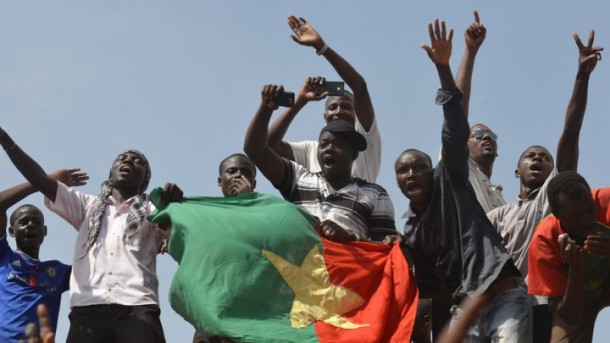September was a particularly turbulent month for Burkina Faso, which saw major political upheaval in the form of a temporarily successful military coup that ultimately ended in a return to the existing status quo.
So what actually happened in Burkina Faso last month?
To truly understand what has happened in this small West African nation, we must take a step back to 2014 and examine the political turmoil that occurred.
In October of 2014, long-time dictator Blasie Compaore was forced out of office after a popular uprising followed by a military coup. Compaore retreated into exile after a 27-year long tyrannical rule and an interim government was installed until fair and just elections could finally be held.
Compaore’s decision to step down surprised internal and external political observers, and a major factor of the successful deposition of the dictator was the mass movement of the Burkinabe under the banner of the ‘Citizen’s Broom’.
This time around, however, the people’s will had no sway in the initiation of this latest coup. On the 18th of September this year, it was announced that the head of the Presidential Guard, General Gilbert Diendere, had arrested the interim leadership and placed himself in charge.
This forceful change in leadership comes just three weeks before a general election was expected to be held.
Once this coup was announced, it was instantly unpopular with the people, and the streets of the capital city Ouagadougou were flooded with demonstrators within the day protesting against Diendere’s new regime.
“The (popular protests) demonstrated that the presidential guard did not have control over a vast majority of the country and would not be able to rule for long”, said Eloise Bertrand, researcher on Burkinabe opposition movements at the University of Warwick.
It seems that Diendere and his team did not expect the Burkinabe to stand up and defend the future of their fledgling democracy, but it became immediately obvious that they were very wrong.
The continental response to this military coup was overwhelmingly negative towards Diendere, with the African Union leading the charge with harsh condemnation.
“The African Union considers the announcement by the military of the ‘dismissal’ of President Michel Kafando and the attempt of substituting him with ‘new authorities’ as null and void”, African Union chairperson Nkosazana Dlamini-Zuma said in a statement.
After popular protest, backed up by a strong continental response, Diendere reluctantly accepted a request for him to stand aside and release the interim government. Interim President Kafando was re-installed, and the quasi-revolution came to a strangely peaceful resolution.
The upcoming general election has been rescheduled for November, and anxieties around this exercise in democracy are set to remain high.
The success of the people in Burkina Faso in bringing an unjust military regime to an end before it even began is a reminder that this country would not tolerate such flagrant violations of its democratic processes.

